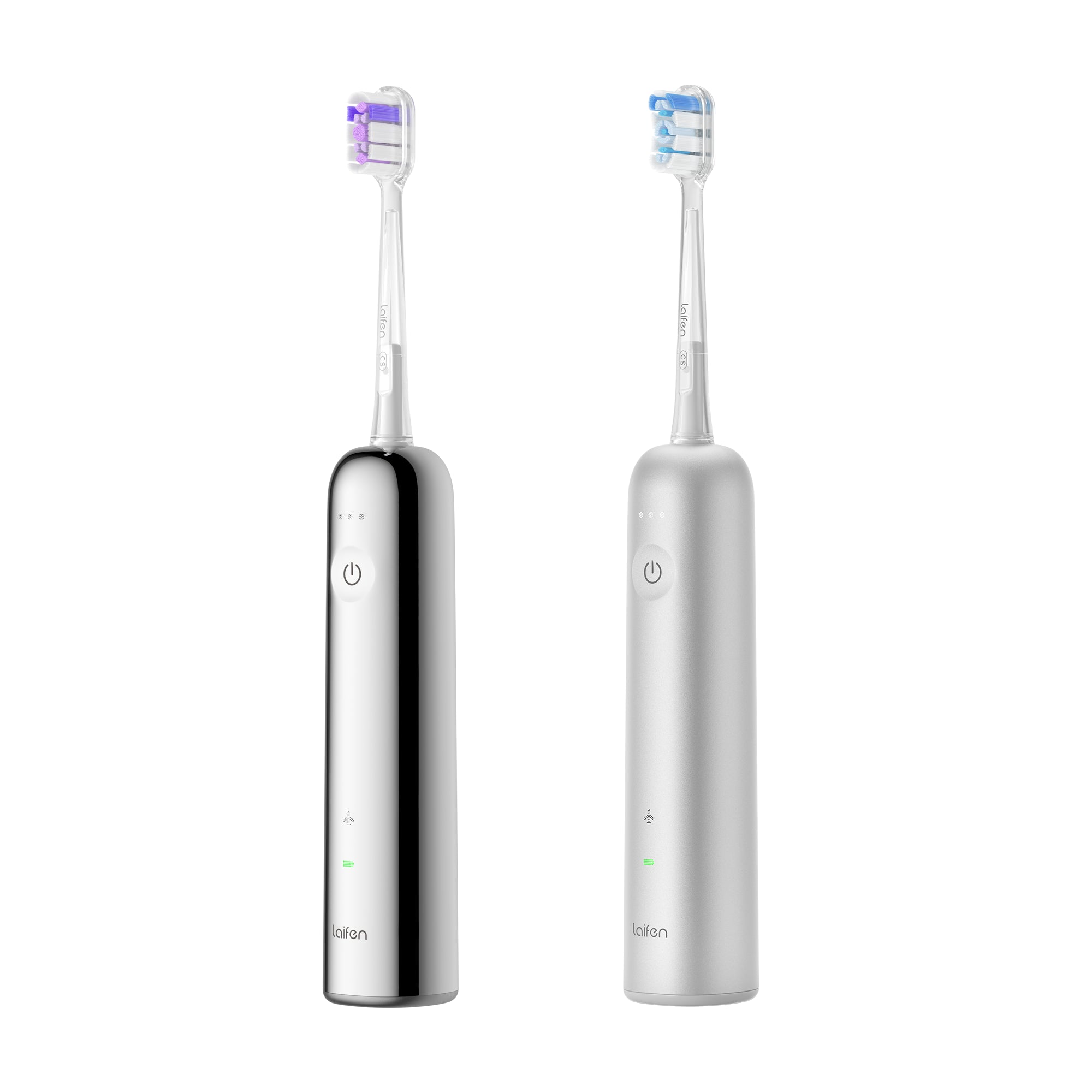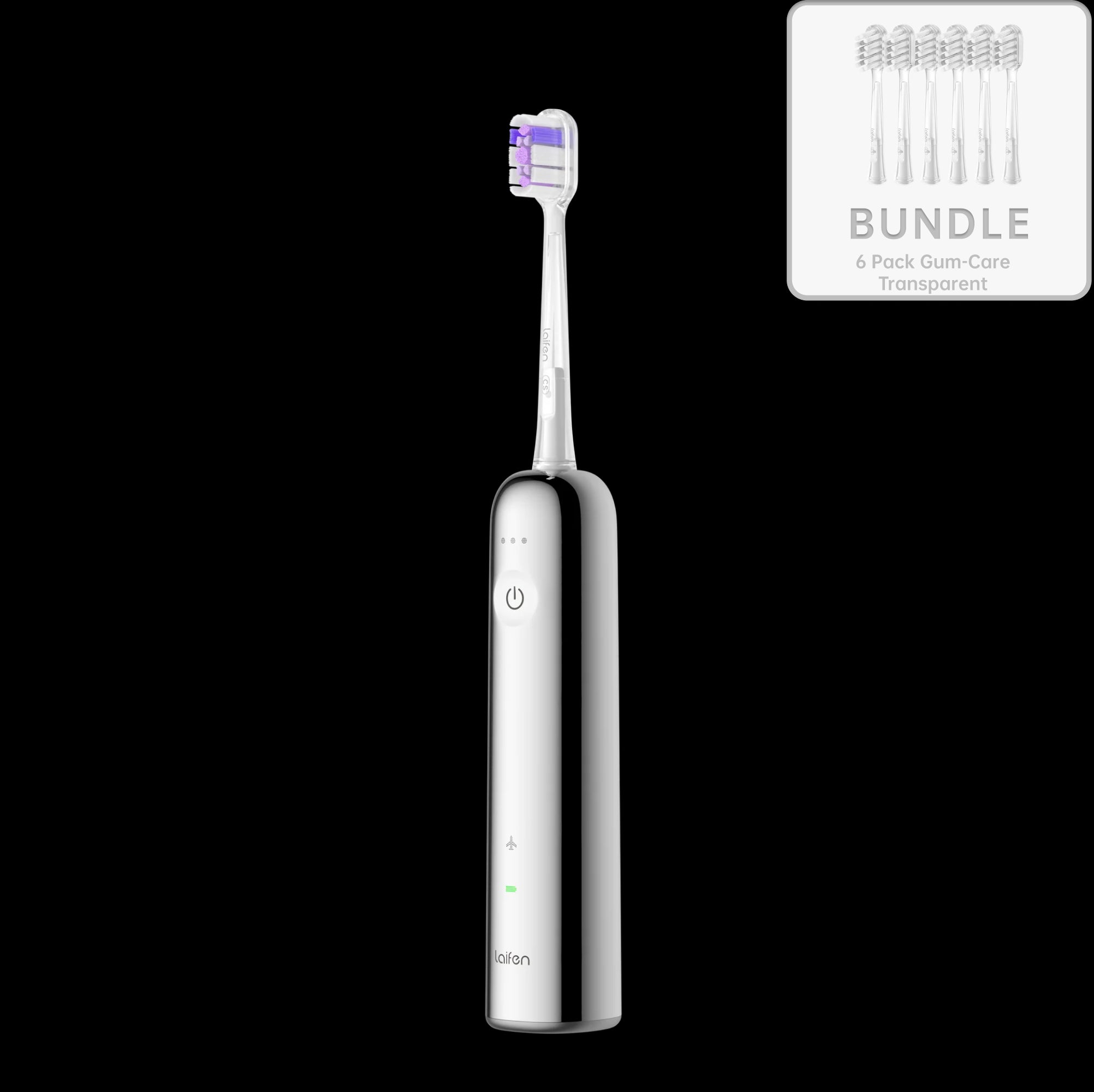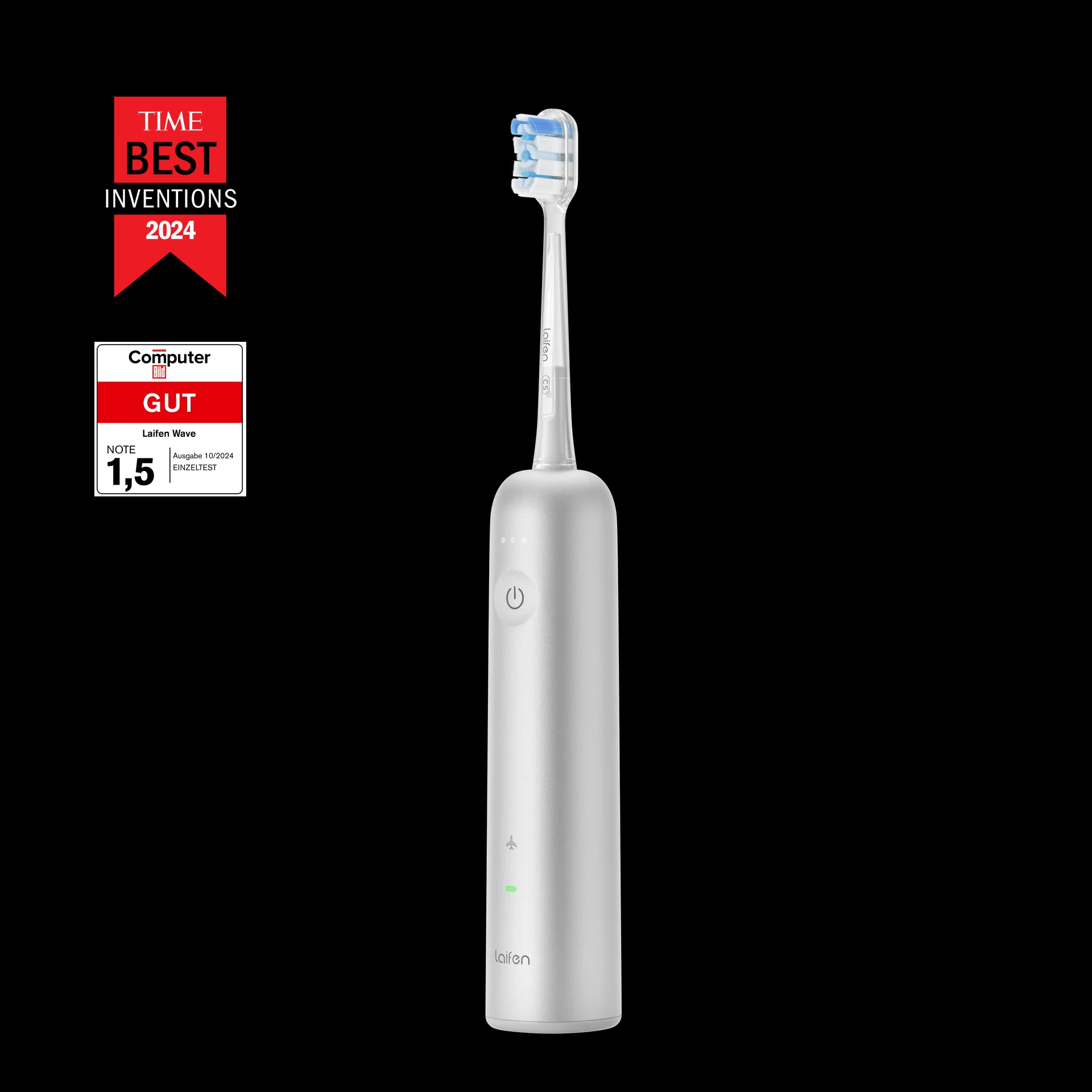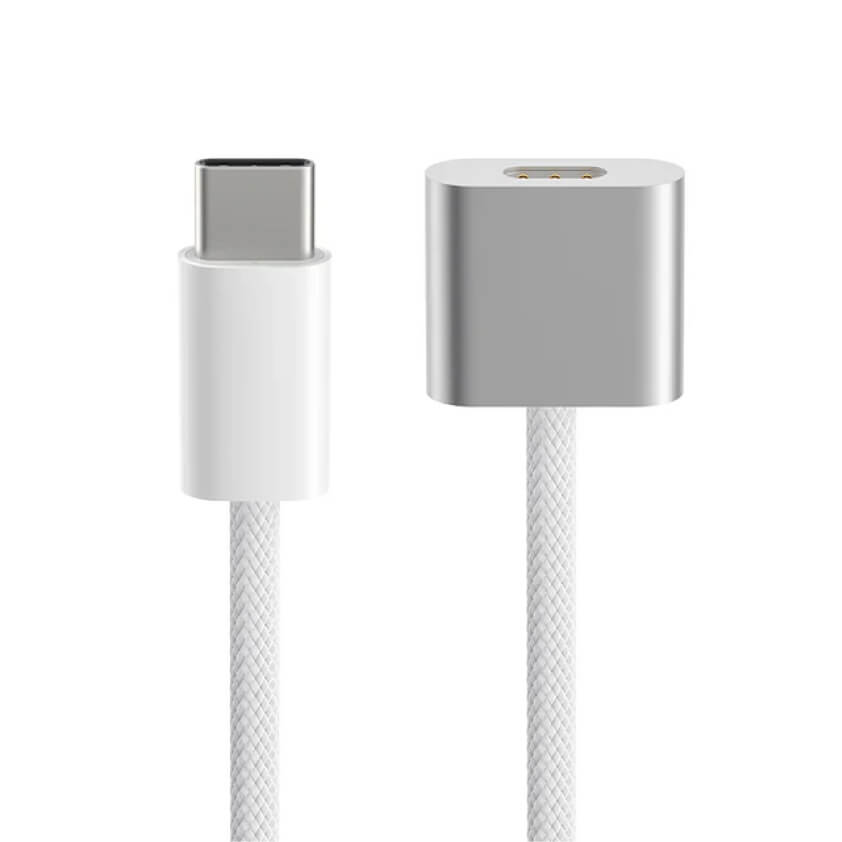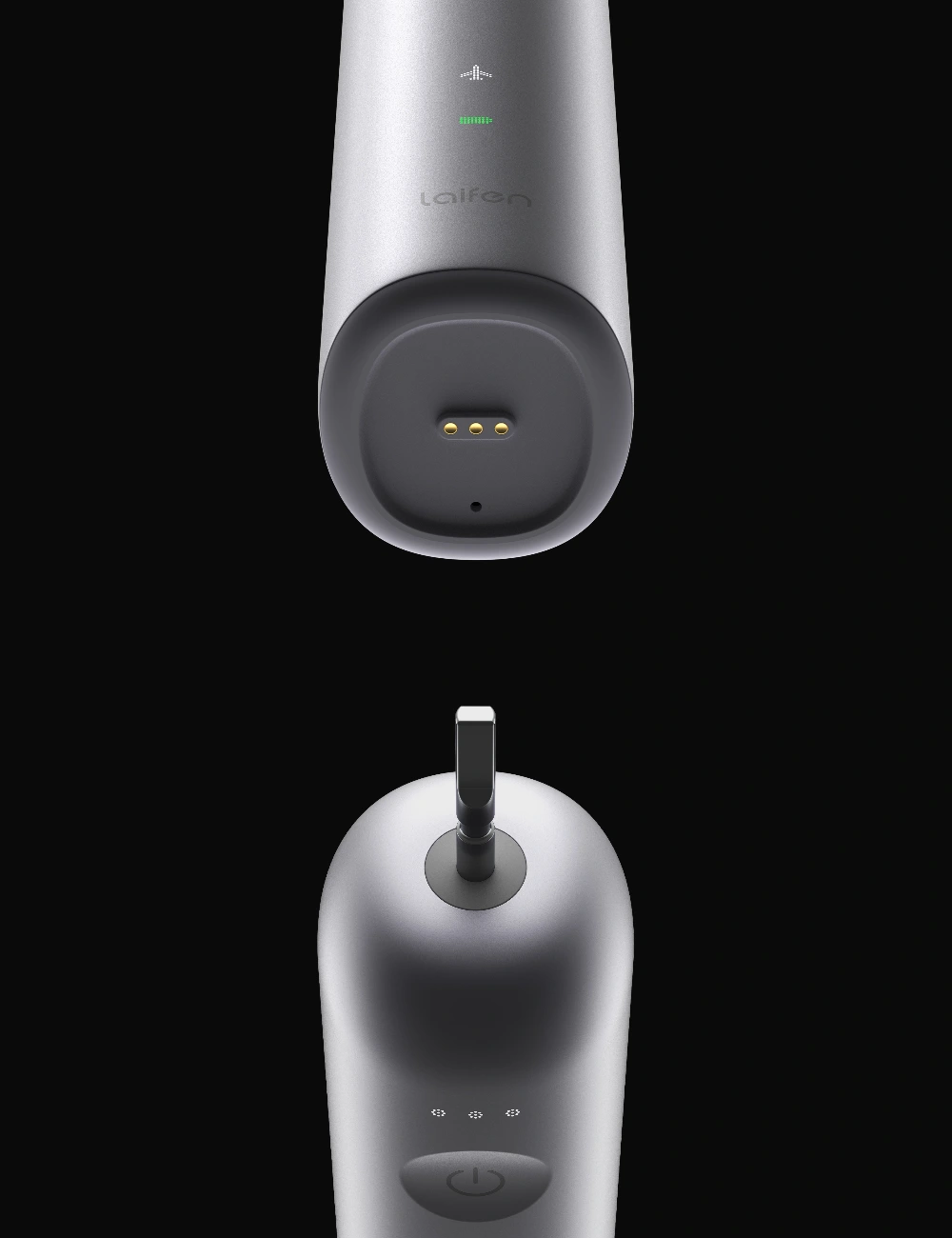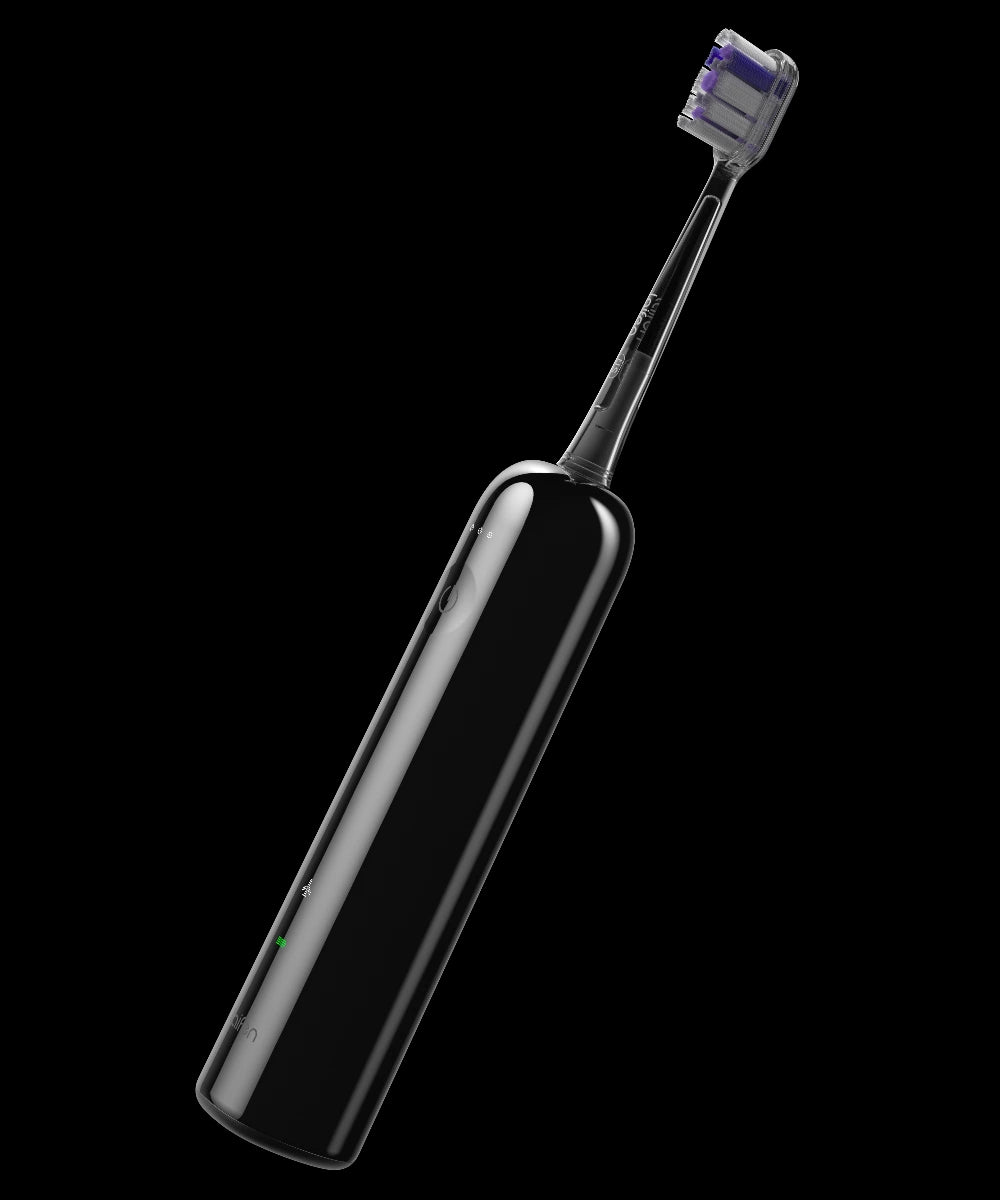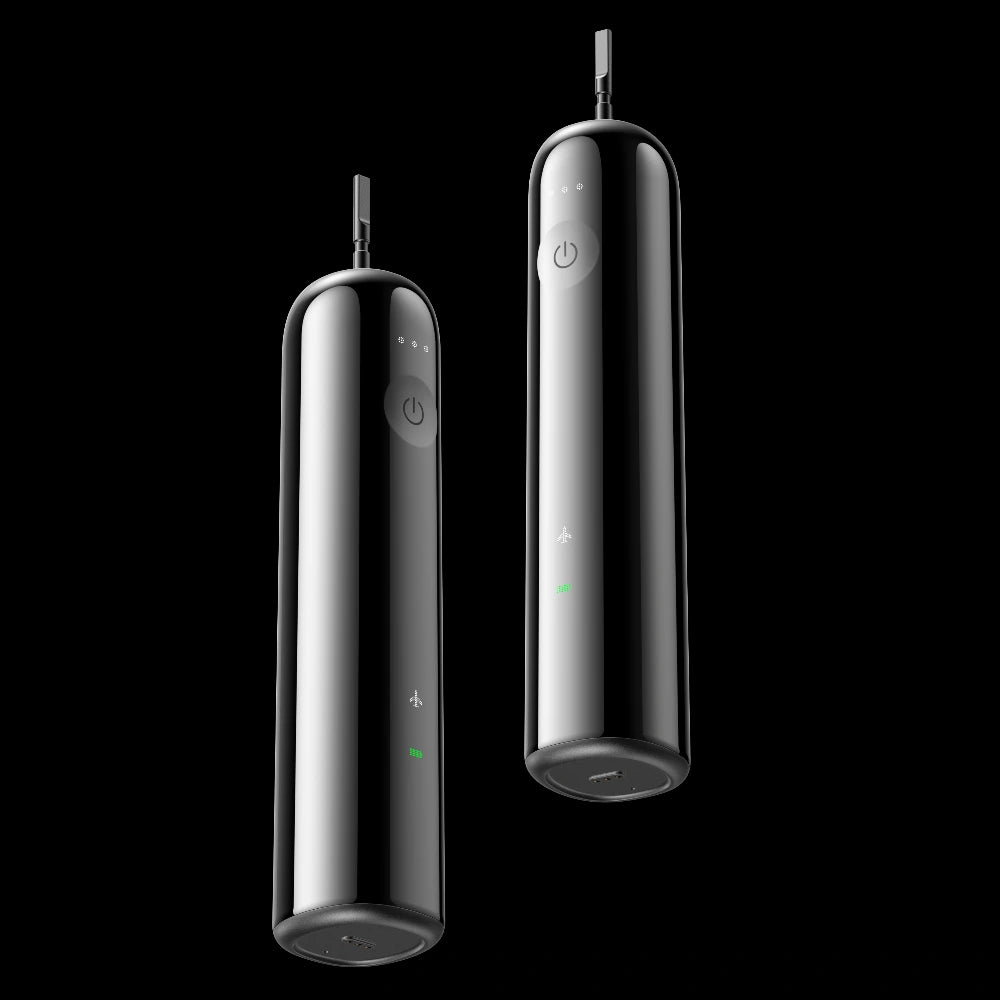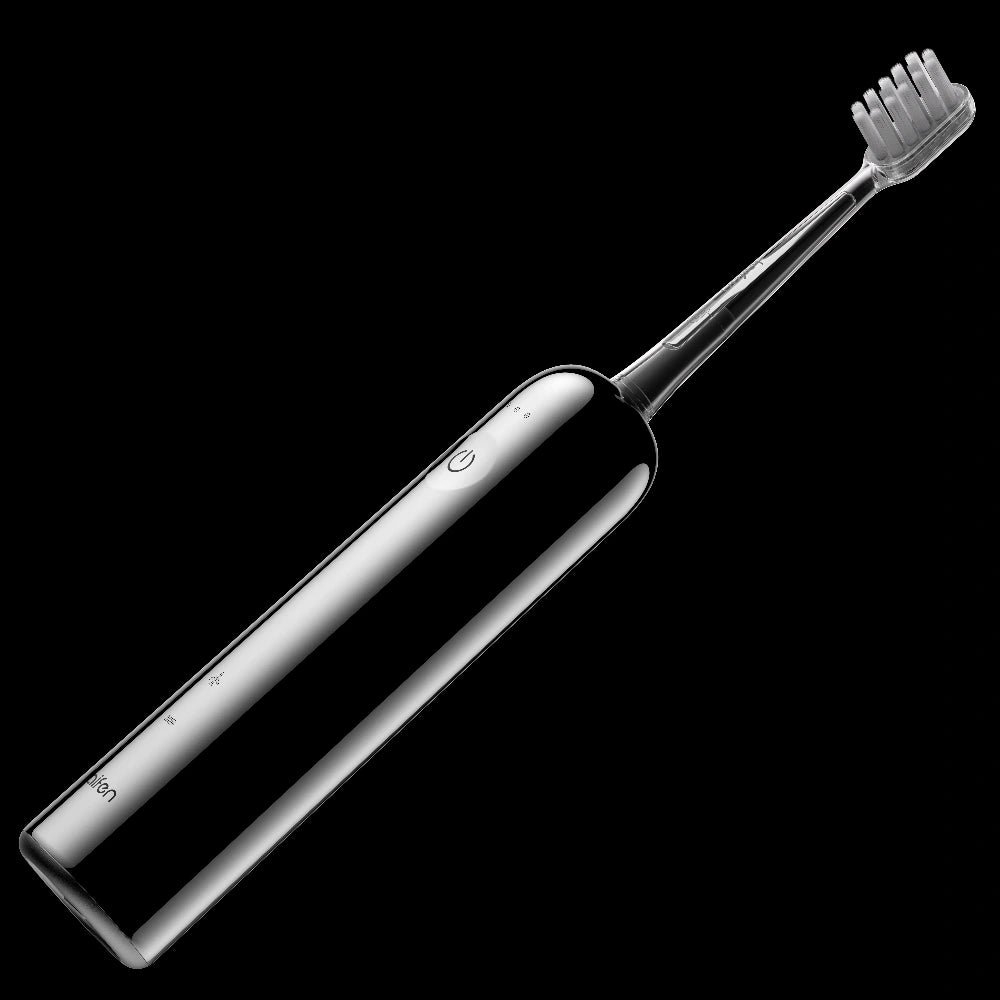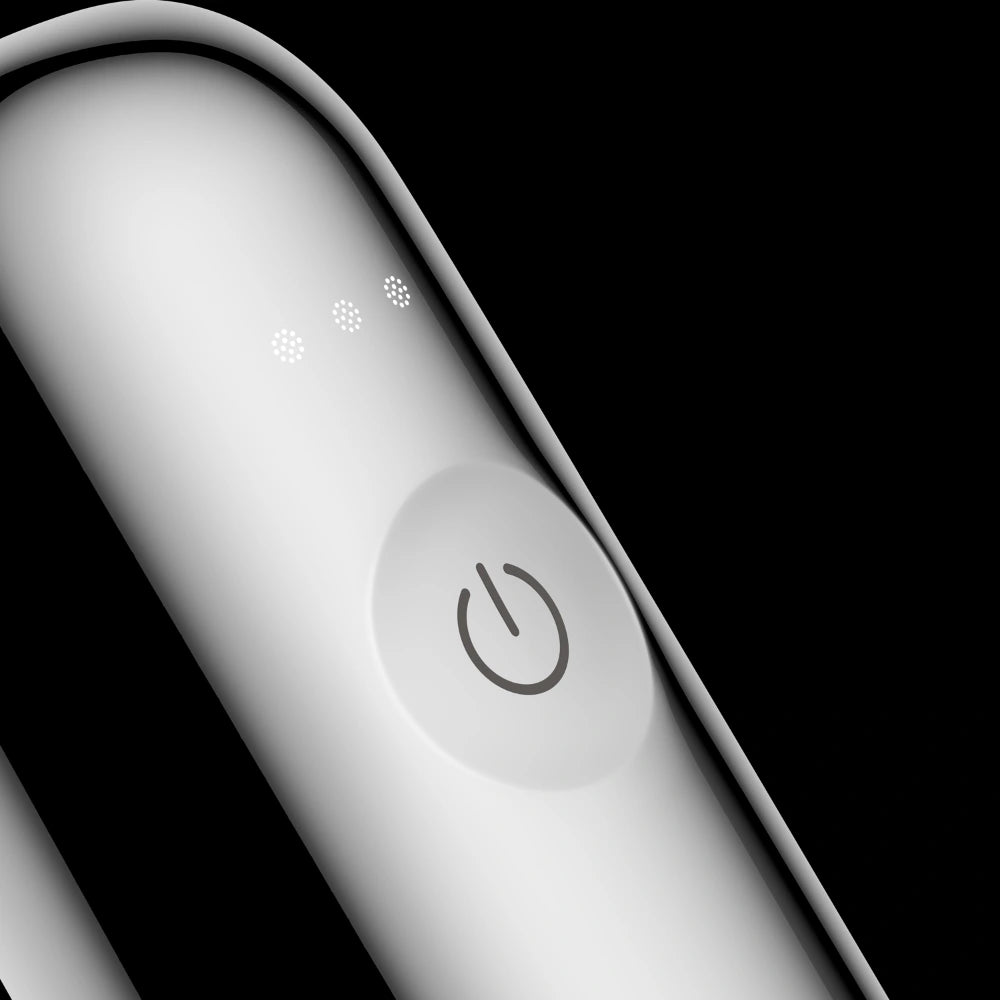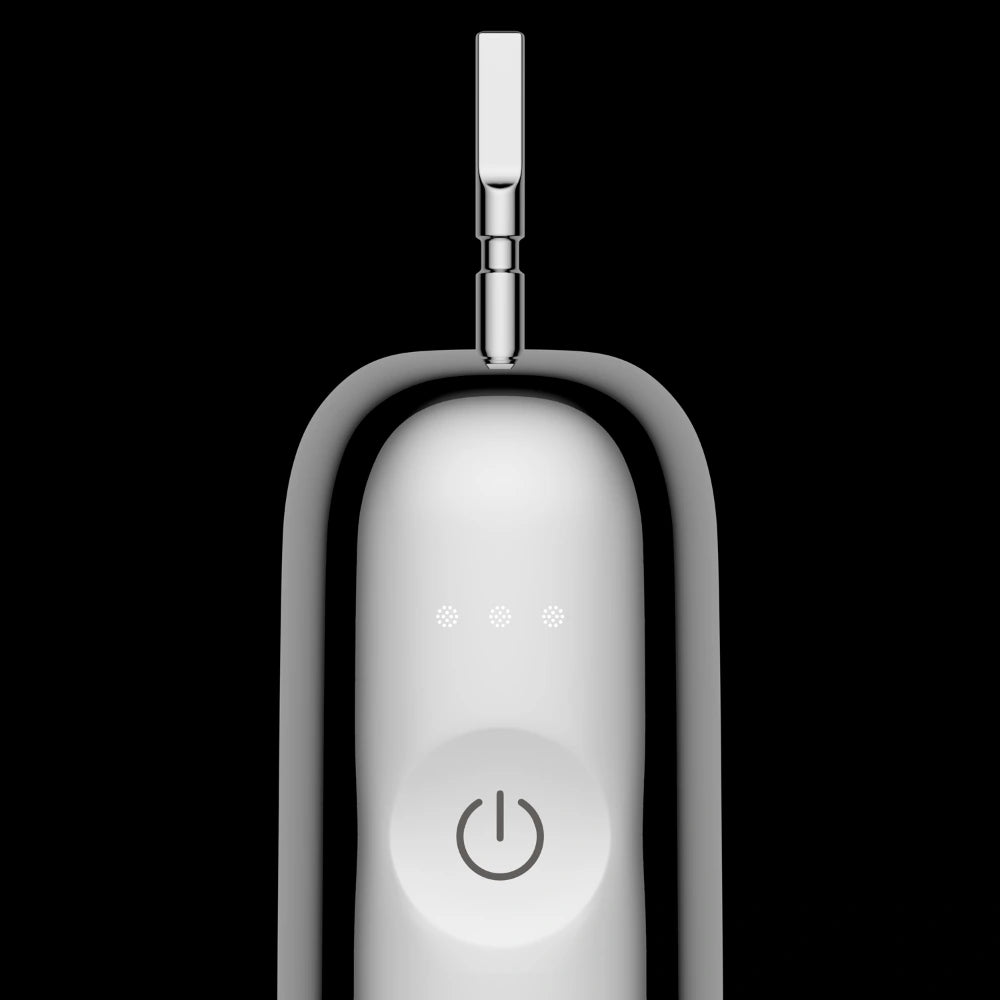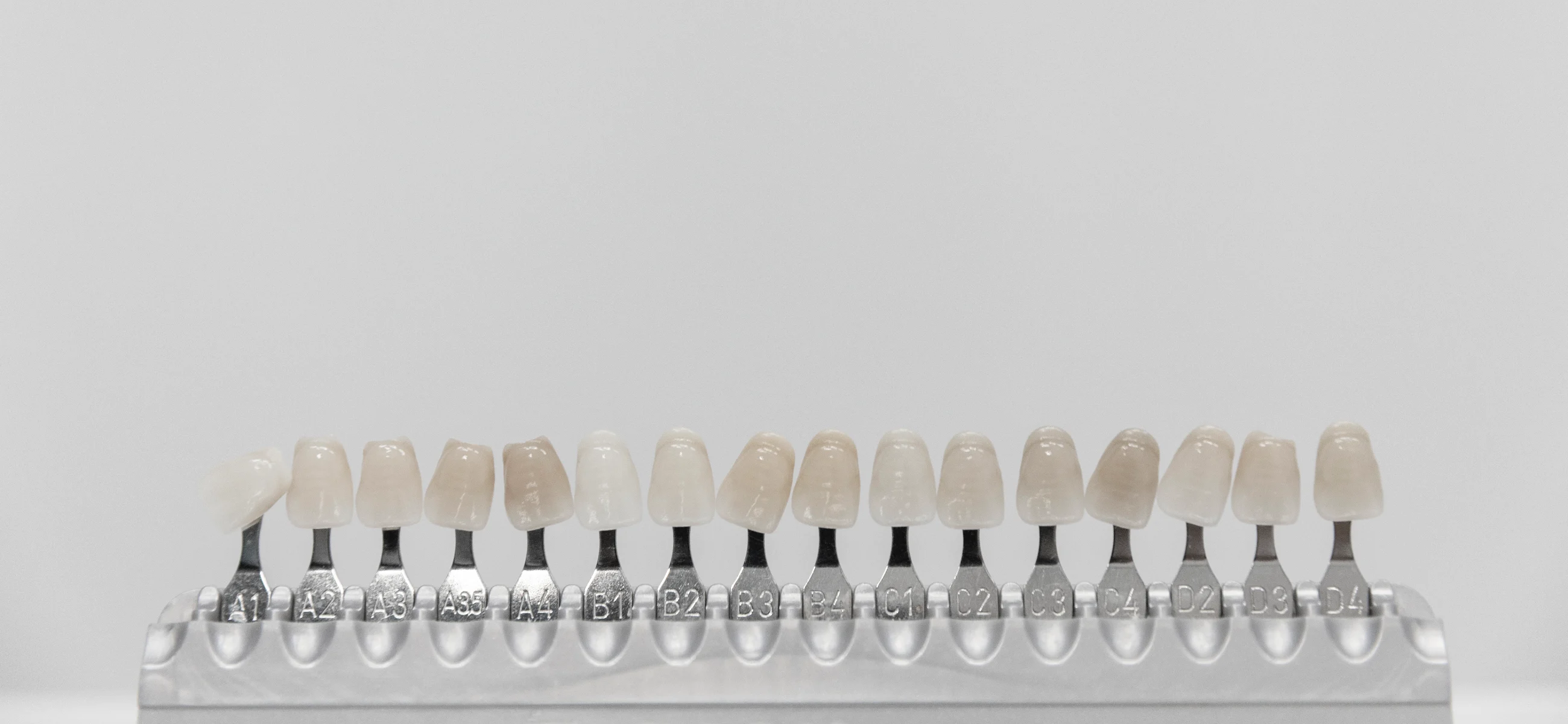
In this article
Like many people, you might be wondering if dental implant surgery is painful. After all, it sees a dentist drill a screw into your jawline, which certainly sounds painful!
In this post, we consider what dental implant surgery is and whether or not it's painful. We also introduce you to some simple tips that you can follow to alleviate any discomfort following the procedure.
Finally, we explain when you should probably see a dentist again if you're experiencing significant pain or discomfort at the site of the procedure.
What are they, and how do dental implants work?
A dental implant is a way to replace the root of a tooth. A dental surgeon will fix a metal screw directly into your jawbone, which can serve as the base for an artificial tooth.
Most implants are made from titanium and are secured in place as permanent solutions to missing or severely damaged teeth.
Given the nature of the surgery required and the fact that a dentist needs to drill into your jawbone, you're probably wondering - are dental implants painful?
Revealed - are dental implants painful?
The short answer is no, dental implants are not painful. This is because the dentist will use some form of anesthesia to numb the area and you shouldn't feel any pain or discomfort during the procedure.
That being said, you might feel some pressure when the dentist is performing the surgery, but this is perfectly normal!
If you experience sharp pain when the dentist starts the procedure, it's a sign that the anesthetic hasn't worked, so make sure you speak up and let the dentist know before they go any further.
In the days after the procedure, it's perfectly normal to feel increased sensitivity or even a little soreness around the site, but you can follow the tips below to manage the discomfort.
Are dental implants painful after surgery? Tips to manage the pain and discomfort
Dental implants shouldn't be painful after surgery, but they are likely to feel a little unusual and you might even experience a bit of soreness or discomfort.
But don't worry, you can follow these simple steps to manage the pain and get back to normal as soon as possible:
-
Use cold compresses: Add an ice pack or a cold compress to the site of your surgery and keep it in place for ten minute intervals. This helps to reduce inflammation and speeds up the general healing process.
-
Watch what you eat and drink: Following dental implant surgery, avoid hard and sticky foods as they can worsen the discomfort in your mouth. Stick to soft foods that are not too hot or cold to manage any discomfort when eating or drinking.
-
Gently clean the site around the implant: In the immediate aftermath of surgery, you should use a soft-bristled toothbrush to clean the site. You should also use an antibacterial mouthwash to aid with recovery.
-
Don't brush or floss aggressively: Make sure you don't clean or floss around the surgery site aggressively. Doing so can cause damage and may mean that you need to return to the dentist's office.
-
Use over-the-counter pain relief: If you are experiencing discomfort, you can use over-the-counter pain relief to help. If you're unsure of which to take, speak to the pharmacist and explain your situation and they will be happy to help.
When to see a dentist or doctor?
Though general discomfort is expected after any surgery, you shouldn't experience intense pain after dental implant surgery.
If you experience severe discomfort or intense swelling in the days after the operation, it could be a sign of infection or that something has gone wrong.
If this is the case, you should reach out and contact a dentist or doctor for a follow up appointment so they can assess the site and make a recommendation about how best to proceed.
The verdict: How painful are dental implants?
The bottom line is that dental implant surgery isn't painful. During the surgery itself, an anesthetic will be used to protect you from feeling any pain, though you will probably feel the pressure on your jaw line.
As for the days after the procedure, you might feel some slight swelling or discomfort, but it shouldn't be too serious and can be managed by the tips listed above.
However, if you experience severe pain or discomfort in the aftermath of dental surgery, please reach out to your dentist directly for a follow up as it could be a sign of a serious infection at the implant site.





